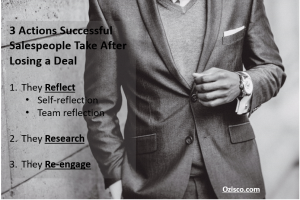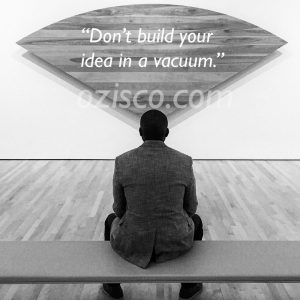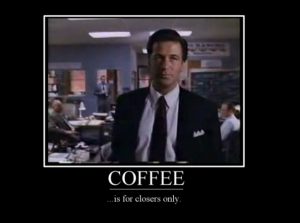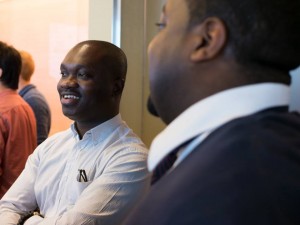Last week Monday, I exhausted every means possible to get a hold of a client involved in a deal I was spearheading. I emailed, called, texted, and left a voicemail, but he did not respond.
The next morning, he replied to my text apologizing for being unreachable since he was stuck in back to back meetings. He then suggested we set up a call for 5pm later that day. I asked for an earlier time in the day, but he was firm that he was only available at 5pm. This was a problem. I had a soccer game starting at 5:10pm, and knew our conversation would take at least 30 minutes. There was also a looming deadline, so it was critical we spoke soon. I had to decide whether to take the call at 5pm and risk missing the soccer game or reschedule the meeting to a different day and risk missing the deadline. Playing soccer brings me a lot of joy, and I also thrive on going above and beyond for my customers, so this was a difficult situation.
This dilemma reminded me of a conversation I had a few weeks back with my mentor. He encouraged me to prioritize self-care as part of my daily routine to live a more balanced life. He shared that more than exercising regularly, self-care is any activity that we deliberately do to take care of our mental, emotional, and physical health. According to Forbes, neglecting self-care means not knowing your worth. By making time for self-care, you “maintain a healthy relationship with yourself as it produces positive feelings and boosts your confidence and self-esteem.”
The common challenge with self-care is making adequate time for it. Tchiki Davis, Ph.D, author of Outsmart Your Smartphone, recommends twelve strategies to get started with self-care. To resolve my earlier dilemma, I relied on her “say no to others, and say yes to your self-care” strategy. Below is how she explains it:
Learning to say no is really hard; many of us feel obligated to say yes when someone asks for our time or energy. However, if you’re already stressed or overworked, saying yes to loved ones or coworkers can lead to burnout, anxiety, and irritability. It may take a little practice, but once you learn how to say no politely, you’ll start to feel more empowered, and you’ll have more time for your self-care.
I told the client that 5pm wouldn’t work since I had a soccer game starting at 5:10pm. I suggested we reschedule for the next day, and he accepted. In parallel, I worked to ensure we had enough runway so we could still meet the deadline.
The soccer game started promptly at 5:10pm, and by the end of the first half, my team was down 1 – 4. During the half time break, I encouraged the guys by reminding them we were better than our first-half performance. All we needed was to focus on getting one goal at a time. Within the first 5 minutes of the second half, I scored our second goal, getting us to 2 – 4. We made some technical changes, which allowed our team to score three more quick goals within ten minutes, putting us ahead at 5 – 4. I then added another goal with five minutes left in the game, putting the score at 6 – 4. Our opponents got a quick break and scored a goal with two minutes left, putting the score at 6 – 5. Knowing they would increase the pressure, I reminded the guys that offense is the best defense. Since our opponents committed more of their guys to attack, it left their defense vulnerable. We took advantage, and my teammate provided a perfect through pass. I then dribbled past two defenders before hitting the ball past the goalkeeper on his left side. The score was now 7 – 5, with twenty seconds left in the game. When the referee blew his whistle to signal the end of the game, we had managed to come back from three goals down to win the game 7 – 5. I thought to myself, had I taken the call and missed out on the game, I wouldn’t have been in a position to help my team and be a part of such a memorable comeback story.
The next day, the client asked about the soccer game, and I relived the drama all over again. Even better, we met the deadline, deepened our connection, and progressed our discussions. This experience was a reminder to prioritize self-care because it earns trust with clients and it is good for business.
For articles and interviews to improve your business development acumen, don’t forget to subscribe!
















 Don’t worry, I’ll wait…
Don’t worry, I’ll wait… That said, Veteran C-suite execs understand #2, because this is where a conversation/dialogue starts to establish whether a solution is worth evaluating.
That said, Veteran C-suite execs understand #2, because this is where a conversation/dialogue starts to establish whether a solution is worth evaluating.

